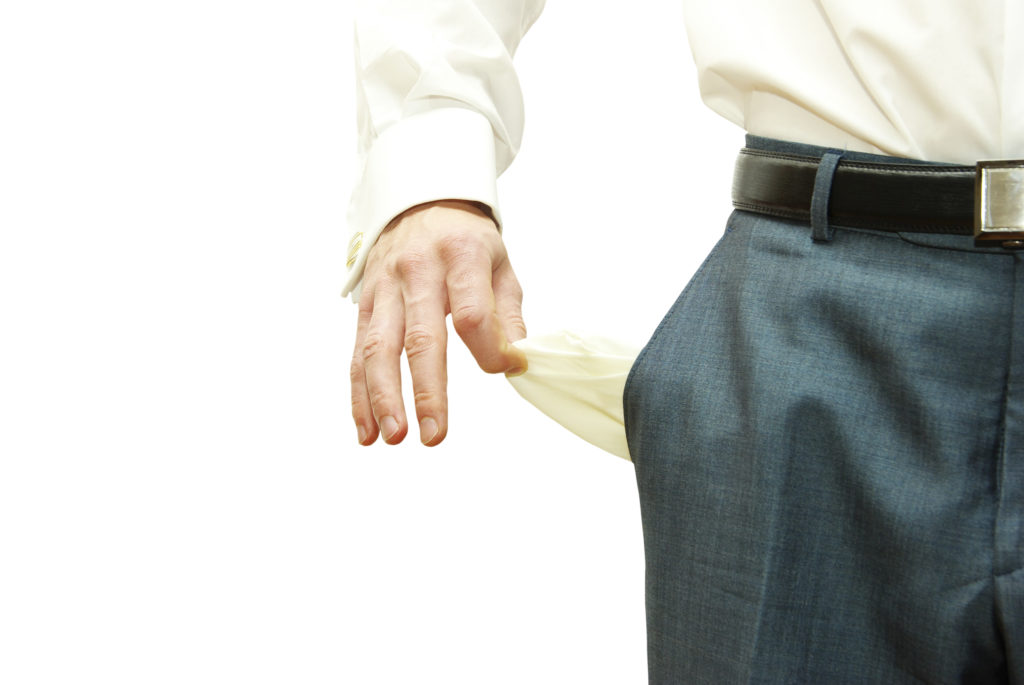NBA Stars Losing Hefty Amounts of Their Salary to the Taxman

Just about everyone knows that professional athletes make a ton of money. Whether you agree with athlete salaries or not, the fact is those hefty numbers you always see reported when an athlete signs a new deal aren’t really all that they’re cut out to be. Oh sure, they are making a lot of money, but they are also paying quite a large tax bill. In some cases, that bill can put a huge dent in their actual earnings.
According to a new report, when determining whom the highest paid NBA player is, it depends on which numbers you use. Kobe Bryant earns more than any other NBA player, coming in with a salary of $23 million this year. However, if you look at his tax bill, which is estimated at $11.4 million, then his actual take home pay is only $12.1 million. That means he is paying close to half of his salary to the taxman.
Several factors played a role in determining these tax numbers, including where a player lives, and where he plays both his home and road games. Road games play a big role in the equation because some cities enforce the so-called “jock-tax” on individuals who come to the area to work. Pro athletes schedules are easy to track, so these cities can easily implement this tax.
There’s no question that NBA players are well compensated for their services, but remember, most players are giving a huge percentage of their income back in taxes, thus reducing how much they actually take home by a large portion. Of course, these tax numbers are an estimate and there are certain measures these players can take to help reduce their tax bill. So they might be able to take more home than estimated.
Likewise, if you need help finding the all of the best ways to save on your tax bill, then contact. GROCO today.
Tax S-corporation
Saving Taxes with an S Corporation An S corporation election allows the shareholders to preserve the benefit of limited liability for the corporate form while at the same time being treated as partners for federal income tax purposes. Ever wondered why so many small businesses operate as an S corporation? Simple. An S corporation saves…
Sec1045 Partnerships
Sec1045 Partnerships This document contains final regulations relating to the application of section 1045 of the Internal Revenue Code (Code) to partnerships and their partners. These regulations provide rules regarding the deferral of gain on a partnership’s sale of qualified small business stock (QSB stock) and a partner’s sale of QSB stock distributed by a…
Sec179 Businessequipment
Updated: 11/12/10 Most new business equipment can be either depreciated over its useful life or expensed immediately under Internal Revenue Code Section 179. The maximum deduction is based on the following schedule for the date in which the tax year begins. Each 1040, whether Single or Joint, is limited to one maximum. 179 expenses passed…
Sec1244 Small Business Stock Sales
Sec1244 Small Business Stock Sales Section 1244 of the Internal Revenue Code, the small business stock provision, was enacted to allow shareholders of domestic small business corporations to deduct as ordinary losses, losses sustained when they dispose of their small business stock. In order to receive this beneficial treatment, the Code prescribes specific requirements for:…



